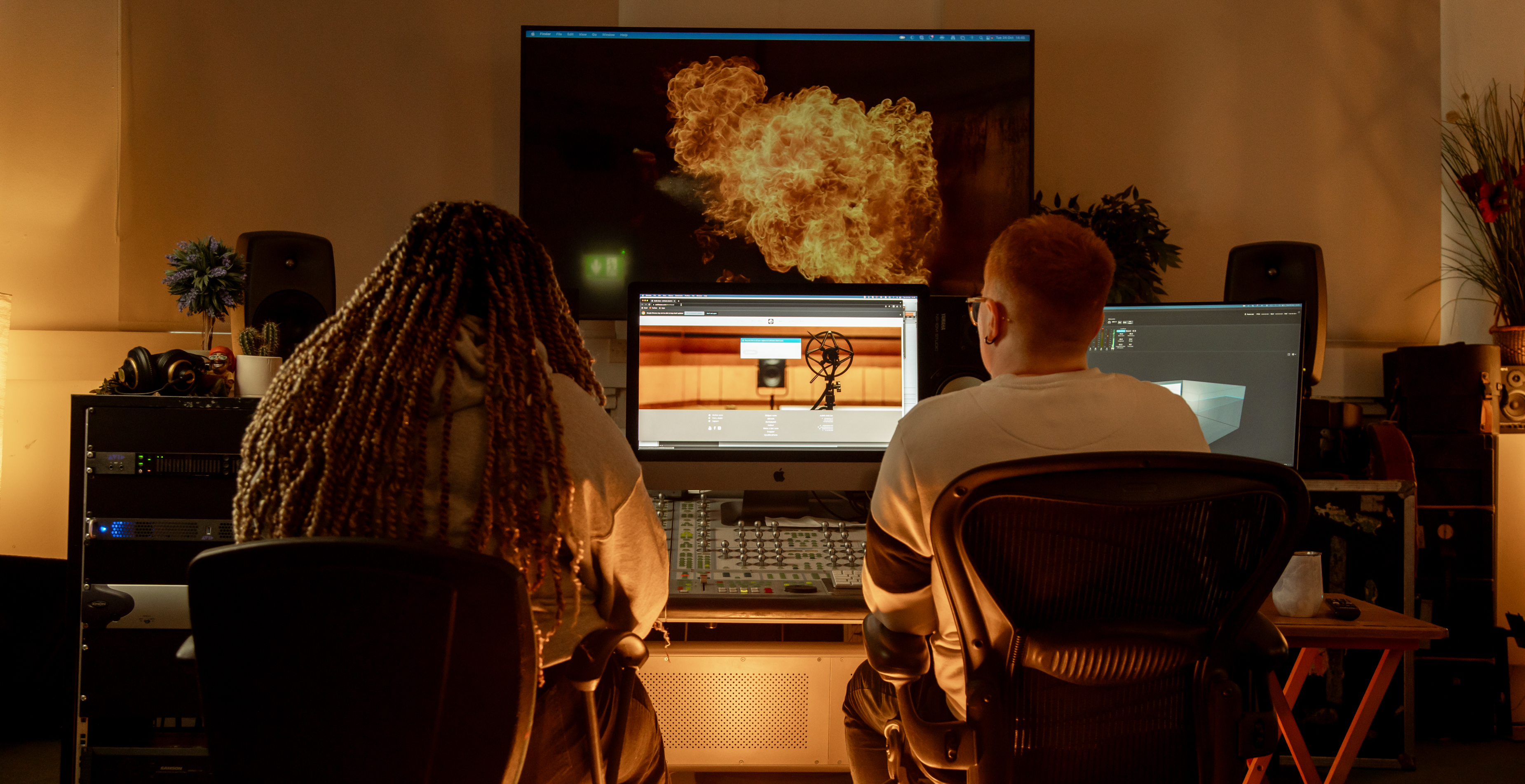Course Summary
This postgraduate certificate explores recent design history from a critical perspective and proposes new theoretical frameworks for design that are matriarchal, eco-centered, and non-anthropocentric.
The course begins by examining the philosophical foundations of design, particularly those of the Enlightenment period, and their impact on contemporary design practice, and contribution to the multiple crisis in the Anthropocene.
This course introduces alternative design philosophies and frameworks that centre on ecological sustainability, social justice, and more-than-human perspectives. These approaches challenge the modernist and anthropocentric assumptions that underpin traditional design practices and offer new ways of thinking about design that prioritise care, interdependence, and collective sustainment.
College Link
Career Sectors
This course prepares you for working in the Career Sectors below. Follow the links to get a fuller understanding of the sectors you are preparing for.
Entry Requirements
Undergraduate qualification of 2nd Class Honours or higher at Honours Degree level in design or a related discipline.
Applicants may also be considered provided that they can demonstrate Honours Degree equivalence, which can be verified through our RPL [recognition of prior learning] process.
Application Details
IADT
Application Date:
31/08/2025
The Student
Career Interests
This course is typically suited for people with the following Career Interests. If these interests do not describe you, this course may prepare you for work you may not find satisfying.
Creative
Creative people are drawn to careers and activities that enable them to take responsibility for the design, layout or sensory impact of something (visual, auditory etc). They may be atrracted to the traditional artistic pursuits such as painting, sculpture, singing, or music. Or they may show more interest in design activities, such as architecture, animation, or craft areas, such as pottery and ceramics.
Creative people use their personal understanding of people and the world they live in to guide their work. Creative people like to work in unstructured workplaces, enjoy taking risks and prefer a minimum of routine.
Realist
Realists are usually interested in 'things' - such as buildings, mechanics, equipment, tools, electronics etc. Their primary focus is dealing with these - as in building, fixing, operating or designing them. Involvement in these areas leads to high manual skills, or a fine aptitude for practical design - as found in the various forms of engineering.
Realists like to find practical solutions to problems using tools, technology and skilled work. Realists usually prefer to be active in their work environment, often do most of their work alone, and enjoy taking decisive action with a minimum amount of discussion and paperwork.





